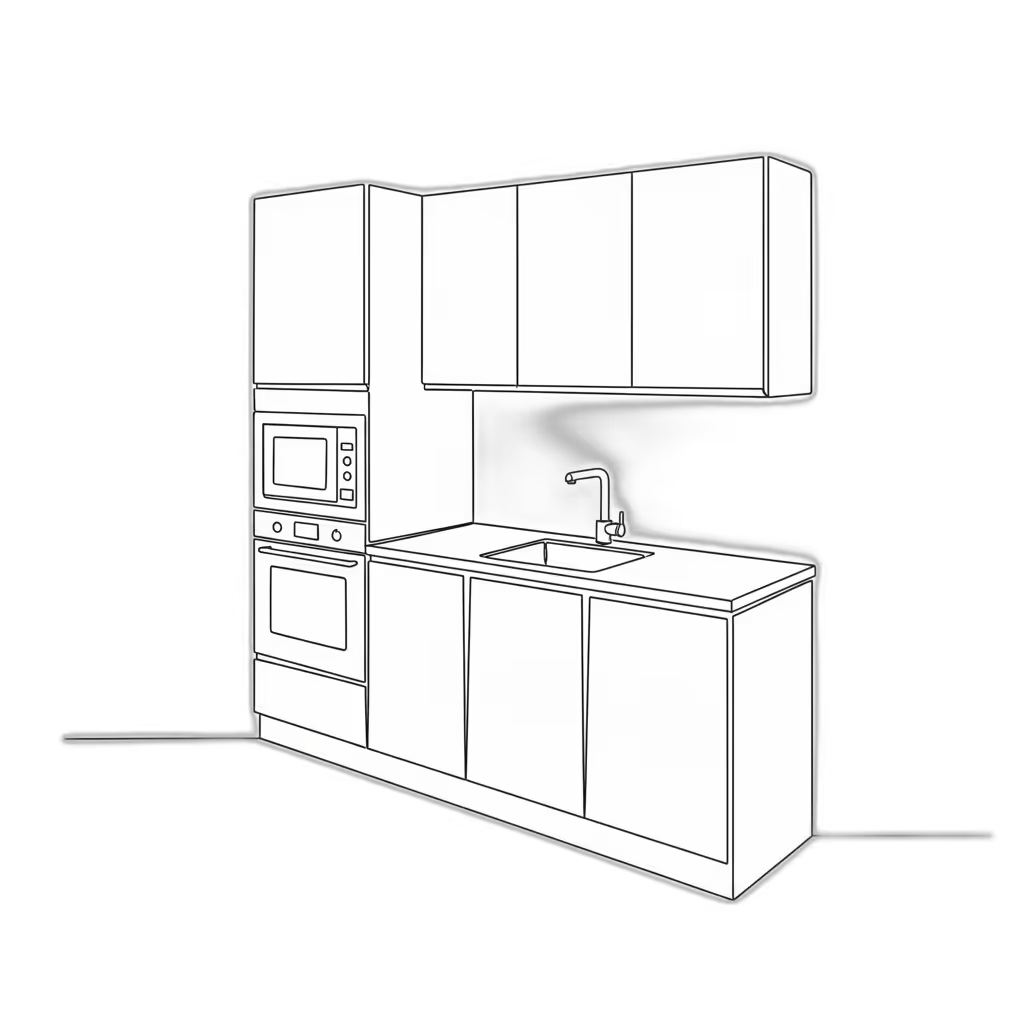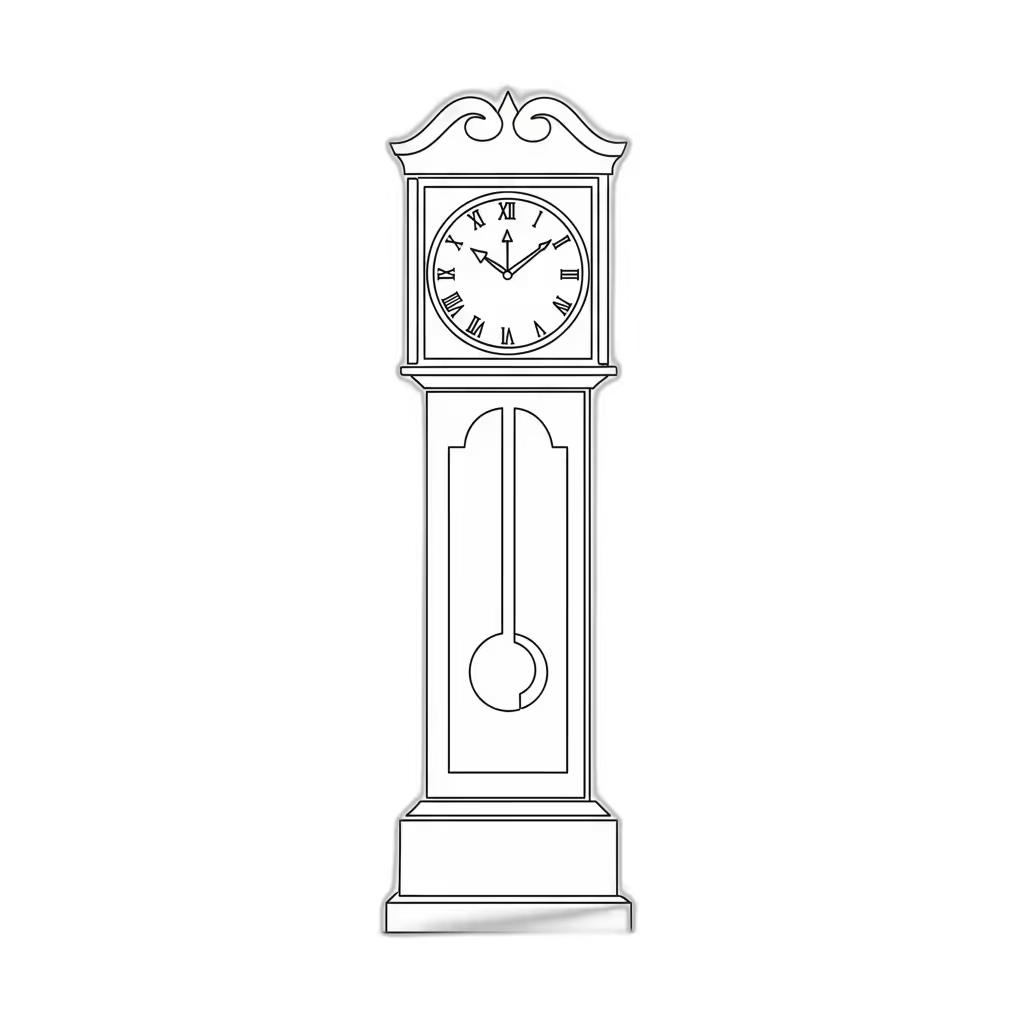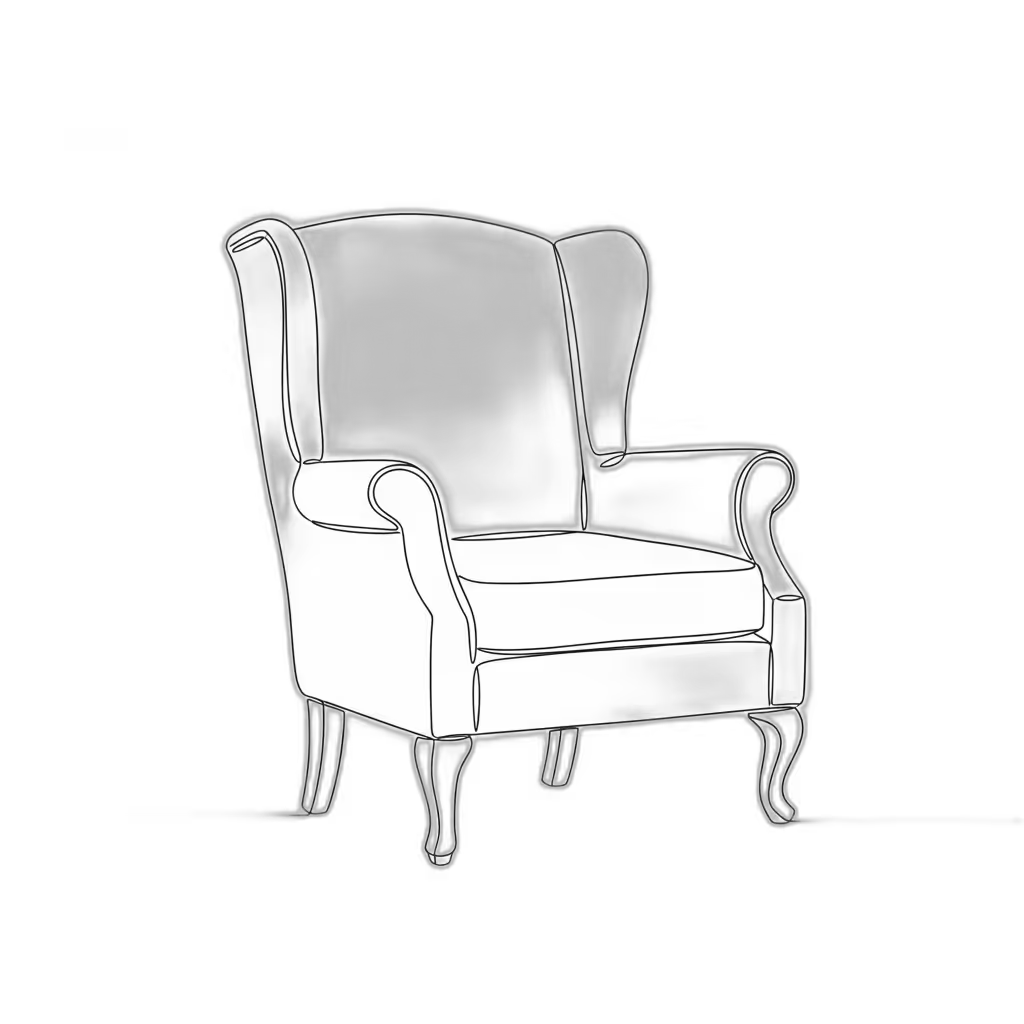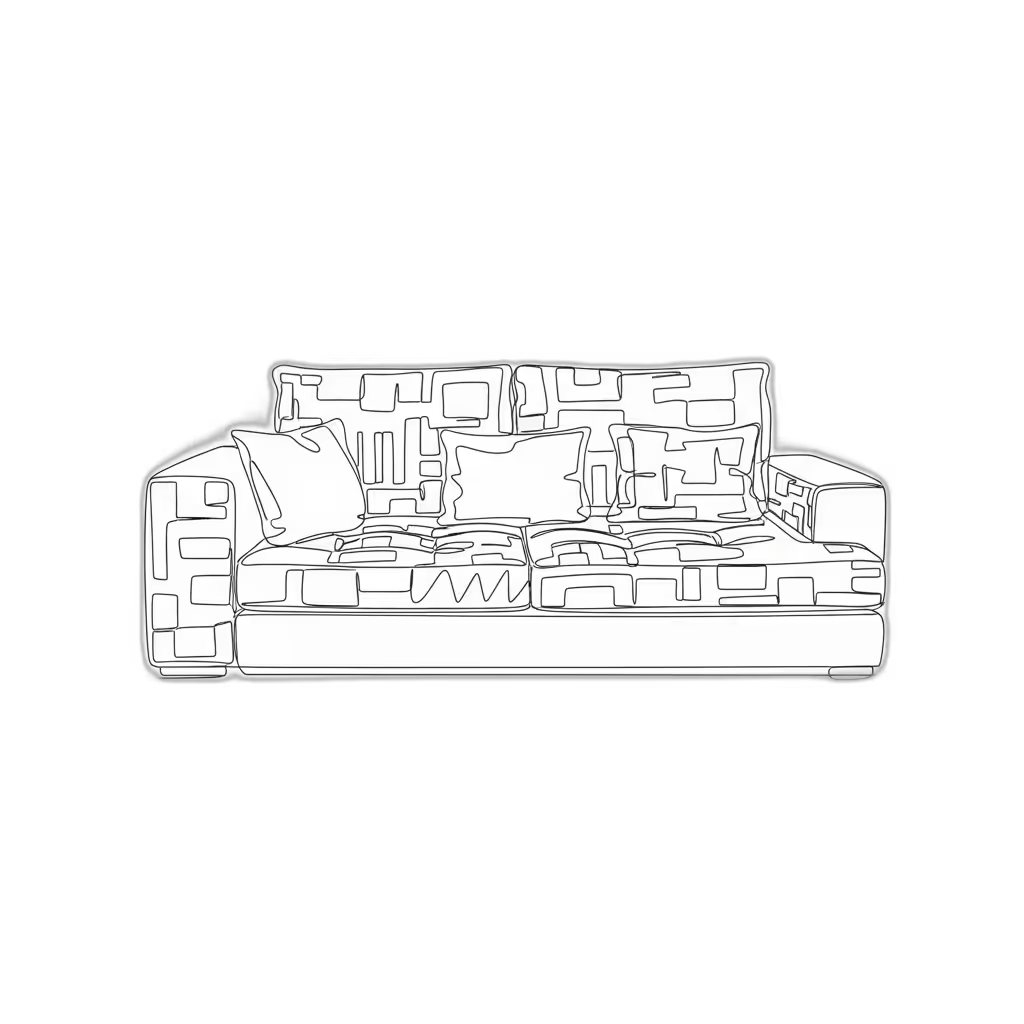






5-Star Valuation Services, Loved by Hundreds
Frequently Asked
Questions
No Frequently Asked Questions Found.
A trust is a sophisticated legal arrangement where a designated trustee manages assets on behalf of specified beneficiaries. This mechanism offers remarkable flexibility in asset management and distribution. Unlike traditional inheritance methods, trusts can be strategically crafted during one's lifetime or established posthumously. Their primary advantages include circumventing complex probate processes, implementing nuanced asset distribution strategies, potentially reducing tax liabilities, and creating specialized financial protections for vulnerable beneficiaries.
Wills, in contrast, represent a more straightforward legal declaration of an individual's final wishes regarding asset distribution. While they must navigate the probate court system, wills remain fundamental in outlining explicit instructions about asset allocation, naming guardians for minor children, and designating executors responsible for estate administration.
The intersection of trusts and wills lies in their shared objective: providing clear, legally binding guidance for asset management and transfer. Each document offers unique mechanisms for protecting family interests, managing financial legacies, and ensuring that an individual's intentions are honored with precision and legal validity.
Ultimately, effective estate planning requires thoughtful consideration of personal circumstances, family dynamics, financial complexity, and long-term goals. By understanding the distinctive roles and potential of trusts and wills, individuals can construct comprehensive strategies that provide financial security and peace of mind for themselves and their beneficiaries.
The primary objective of such an appraisal is to ensure accurate asset valuation, which serves multiple critical purposes. Trustees and beneficiaries gain a clear understanding of the true worth of estate assets, which is essential for making informed decisions about distribution, tax planning, and long-term financial strategy.
Typically, these appraisals cover a wide range of assets, including real estate, personal property, business interests, and investment portfolios. Each asset undergoes a meticulous evaluation that considers multiple factors such as market conditions, asset condition, location, and current economic trends.
Qualified appraisers conduct an in-depth analysis that involves extensive research, market comparisons, and detailed documentation. Their comprehensive reports provide a reliable foundation for trustees to manage the estate effectively, minimize potential disputes, and ensure compliance with legal and tax requirements.
By delivering an accurate and unbiased valuation, Trust & Will appraisals help preserve the grantor's intentions, facilitate fair asset distribution, and provide clarity during what can often be a complex and emotional process of estate management.
Professional appraisers conduct an in-depth examination considering key factors such as age, condition, craftsmanship, materials, and historical significance. They carefully assess the furniture's physical characteristics, including the quality of construction, original materials, and overall preservation state. Specific design elements like wood type, joinery techniques, surface finishes, and manufacturing methods play crucial roles in determining value.
The appraisal process extends beyond visual inspection, incorporating extensive research into comparable market sales, auction records, and current collector trends. Appraisers analyze historical context, examining how specific design periods, manufacturers, and artistic movements impact a piece's desirability and potential financial value. Unique provenance, rare design elements, and original condition can dramatically influence an item's overall appraisal.
Expertise in furniture history, materials science, and market dynamics allows appraisers to provide nuanced, accurate valuations that reflect both the item's intrinsic qualities and its current market positioning. This comprehensive approach ensures a thorough and precise assessment that goes well beyond simple visual estimation.
The online appraisal process is designed to be both flexible and comprehensive. Clients are usually required to provide extensive information about their furniture, including precise dimensions, manufacturing details, current condition, age, and any distinctive characteristics that might influence its value. High-quality, multiple-angle photographs are crucial for enabling appraisers to make accurate assessments.
Advanced technological platforms now support various interactive appraisal methods. Live video consultations through platforms like Zoom or Skype enable real-time communication, allowing appraisers to request additional visual information or ask specific questions about the item. This interactive approach helps bridge the gap between traditional in-person assessments and remote evaluations.
Remote appraisals offer significant advantages, particularly for individuals with scheduling constraints, mobility limitations, or geographical challenges. Clients can undergo professional furniture valuations from the comfort of their home, eliminating the need for complicated logistical arrangements or transportation of potentially fragile items.
While online appraisals provide remarkable convenience, clients should understand that the accuracy of the assessment depends heavily on the quality and comprehensiveness of the information submitted. Clear, well-lit photographs and detailed, honest descriptions are essential for obtaining a reliable valuation.
The digital appraisal landscape continues to evolve, with professionals leveraging sophisticated technologies to deliver precise and trustworthy evaluations. For those seeking a convenient, efficient approach to understanding their furniture's value, online appraisals represent a modern solution to traditional valuation challenges.
Antique furniture appraisers represent a critical subset of this profession, focusing on pieces with significant historical value. They possess deep knowledge of period-specific design elements, manufacturing techniques, and cultural influences. Their expertise allows them to authenticate and precisely value items over a century old, distinguishing genuine antiques from skillful reproductions.
Contemporary furniture appraisers specialize in more recent designs, tracking current market trends and understanding the nuanced value of modern pieces. These professionals are particularly adept at evaluating furniture from the past few decades, considering factors like designer reputation, manufacturing quality, and current aesthetic preferences.
Collectible furniture appraisers occupy a unique niche, concentrating on pieces that hold special significance within collector communities. They understand the complex ecosystem of collector markets, assessing value based on rarity, historical importance, and desirability among specialized enthusiasts.
Specialty furniture appraisers develop deep expertise in specific styles or categories, such as mid-century modern or artisan-crafted pieces. Their targeted knowledge allows for precise valuations that consider the subtle characteristics unique to particular design movements or crafting traditions.
Furniture restoration appraisers bring technical insight into how preservation and restoration impact an item's value. They evaluate the potential and limitations of restoring a piece, providing critical guidance on maintaining or enhancing its market worth through careful intervention.
Selecting the right appraiser requires careful consideration of the specific furniture in question and the purpose of the valuation, ensuring a comprehensive and accurate assessment.
Insurance documentation represents a primary driver for obtaining furniture appraisals. Comprehensive valuations ensure homeowners can secure appropriate coverage and expedite claims processes in the event of loss, theft, or damage. Precise documentation becomes instrumental in protecting significant investments and providing clear evidence of an item's worth to insurance providers.
Estate planning and legal proceedings also benefit substantially from professional furniture appraisals. When distributing assets among heirs, accurate valuations help create equitable divisions and minimize potential familial conflicts. These assessments provide transparent, objective information about furniture's market value, facilitating smoother inheritance transitions and legal settlements.
Charitable donations involving high-value furniture require professional appraisals to validate tax deduction claims. When furniture exceeds certain monetary thresholds, documented assessments become essential for substantiating donation values and maximizing potential tax benefits.
Divorce proceedings frequently rely on furniture appraisals to determine fair property division. Professional evaluations offer neutral, fact-based assessments that help reduce emotional tension and streamline settlement negotiations by providing clear, defensible property values.
Collectors and antique enthusiasts particularly benefit from professional appraisals, gaining insights that inform purchasing, selling, and maintaining valuable collections. Understanding precise market values empowers informed decision-making and prevents potential financial misjudgments.
Ultimately, furniture appraisals represent more than simple monetary assessments. They provide comprehensive insights that protect financial interests, facilitate legal processes, and offer peace of mind across numerous personal and professional contexts.
Understanding Furniture Appraisals
Understanding furniture appraisals is essential for accurately valuing personal property as part of a trust or will. These appraisals assess the fair market value of furniture items, considering factors such as age, condition, style, and provenance. Accurate appraisals are crucial not only for equitable distribution among heirs but also for potential tax implications and minimizing conflicts during the estate settlement process.
The appraisal process typically involves a thorough examination of the furniture by a qualified appraiser with expertise in this specific area. They will provide a detailed report that outlines the value of each piece, which can be instrumental in legal proceedings and asset management. Furthermore, having precise valuations ensures that sentimental items, such as heirlooms, are fairly recognized in their monetary worth, helping to honor both the legacy of the deceased and the wishes outlined in the will.
The Importance of Appraisals in Estate Planning
When it comes to estate planning, appraisals play a crucial role in establishing the fair market value of personal property, including furniture. Accurate appraisals are essential for ensuring that assets are properly distributed among heirs and beneficiaries. An appraisal can provide clarity and transparency in the process, minimizing potential disputes or misunderstandings related to the value of the estate.
In addition to aiding in asset distribution, furniture appraisals can have tax implications for the estate. Understanding the value of items can help in tax planning and ensuring compliance with tax regulations. This is particularly important when it comes to significant pieces of furniture that hold both monetary and sentimental value, as improper valuation can lead to financial complications for the estate and its heirs.
Furthermore, professional appraisals can enhance the credibility of estate plans and wills. When an appraisal is conducted by a certified expert, it provides a trusted third-party evaluation that can stand up to potential scrutiny in legal matters. This professional validation is invaluable, providing peace of mind to both the estate owner and the heirs and ensuring that the wishes of the deceased are honored and maintained.
Types of Furniture That May Require Appraisals
Furniture appraisals are essential for various types of furnishings, particularly when it comes to estate planning, trusts, and wills. Antique and vintage pieces often hold significant historical and monetary value, making them prime candidates for appraisal. This includes items such as Victorian settees, mid-century modern chairs, and ornate dining tables, which can vary widely in worth based on age, condition, and provenance.
In addition to antiques, contemporary designer furniture can also benefit from appraisals. Well-known brands such as Herman Miller, Knoll, and Roche Bobois frequently produce items that appreciate over time, especially limited edition or rare models. Understanding the market value of these pieces can ensure that they are fairly represented in estate planning documents and official appraisals.
Moreover, inherited furniture—regardless of its age—can often carry sentimental value but may lack clarity regarding its monetary worth. Family heirlooms, such as custom-made pieces or works from lesser-known artisans, may require professional assessment to determine their significance and value. An accurate appraisal not only aids in equitable distribution during estate settlement but can also inform future decisions related to sale, donation, or insurance.
How Appraisals Affect Trust and Will Distribution
When establishing a trust or drafting a will, the accurate appraisal of furniture and other personal property is vital for ensuring proper asset distribution among heirs. A well-documented appraisal provides a clear valuation that reflects the true worth of items, helping to prevent disputes and misunderstandings among beneficiaries. In most cases, the appraisal must be conducted by a qualified professional to meet legal and tax requirements, reinforcing the importance of obtaining credible and unbiased opinions of value.
The impact of furniture appraisals extends beyond mere financial assessment; they also encompass the sentimental value attached to heirlooms and family pieces. Appraisers can document the provenance, condition, and rarity of each item, which are essential factors in both emotional and monetary valuation. This thoroughness helps heirs understand the significance behind certain items, fostering a respectful and informed dialogue during trust or will execution.
Moreover, an accurate furniture appraisal may also benefit the overall estate tax strategy. High-value furnishings can contribute to the estate's total value, possibly influencing tax liability and financial planning strategies. By securing appraisals early in the estate planning process, individuals can strategize better, ensuring that their wishes are honored, and their heirs are treated fairly.
Choosing the Right Appraiser: Qualifications and Expertise
When selecting an appraiser for furniture appraisals concerning trust and will preparations, it’s imperative to prioritize qualifications and expertise. Look for professionals with specific certifications in personal property appraisal, such as those from organizations like the American Society of Appraisers or the International Society of Appraisers. These credentials not only indicate a solid understanding of valuation methodologies but also ensure that the appraiser stays updated on current market trends and conditions relevant to furniture.
Experience in the field is equally important when evaluating potential appraisers. A qualified appraiser should have a diverse portfolio that includes various types of furniture, from antique pieces to contemporary designs. Furthermore, it’s beneficial to choose someone who specializes in the category of furniture you need appraised, as this expertise allows them to provide a more accurate and comprehensive valuation. Engaging with an appraiser who possesses both credentials and substantial experience can help ensure that your appraisal meets the requirements for legal and financial proceedings.
The Appraisal Process: Step-by-Step Guide
The appraisal process for furniture typically begins with identifying the items of interest. This involves collecting detailed information about each piece, such as the maker, age, condition, and any unique characteristics that could influence value. An appraiser with expertise in furniture evaluation will often conduct an initial inspection to assess these details, allowing for a more accurate appraisal tailored to the client's needs for trust and will purposes.
Once the initial evaluation is complete, the appraiser will conduct thorough research on the current market conditions and comparable sales to determine the value of the furniture. This may include consulting price guides, auction results, and various online platforms. It’s essential during this stage to analyze factors such as provenance, rarity, and historical significance, which can dramatically affect the final appraisal value.
After completing the necessary research and assessment, the appraiser compiles a comprehensive report detailing their findings. This report will provide not only the appraised value but also an explanation of how that figure was arrived at, including supporting documentation and market analysis. This transparent approach instills confidence for legal purposes, ensuring that the appraisal holds up in court or among stakeholders involved in the estate process.
Common Misconceptions About Furniture Appraisals
One common misconception about furniture appraisals is that they are solely for insurance purposes or resale. While these are significant reasons to obtain an appraisal, they are not the only ones. Furniture appraisals can also play a crucial role in estate planning, particularly when preparing for trusts and wills. Understanding the true value of furniture can aid in equitable distribution among heirs and ensure that sentimental items are appropriately valued.
Another misunderstanding is that all appraisers possess the same level of expertise. In reality, furniture appraisals require specialized knowledge regarding craftsmanship, historical significance, and market trends. Qualified appraisers have extensive training and experience in assessing various types of furniture, from antique pieces to contemporary designs. This expertise ensures that the appraisal reflects accurate market values, helping clients make informed decisions.
Lastly, many people believe that appraisals can only be conducted in person. While traditional appraisals often involve an in-person evaluation, advancements in technology have paved the way for online appraisals. Through detailed photographs and thorough descriptions, skilled appraisers can provide accurate assessments remotely, making it more accessible for individuals needing furniture appraisals quickly and conveniently.
The Role of Market Value in Appraisals
Market value plays a crucial role in furniture appraisals, particularly when addressing matters related to trusts and wills. This value is determined by the price at which an item would sell in a competitive market, under normal conditions. Understanding market value is essential for accurately assessing the worth of furniture assets, ensuring that the beneficiaries receive their fair share based on current market trends and buyer preferences.
In the context of trusts and estates, establishing the market value of furniture can help avoid disputes among heirs and ensure a smoother distribution process. Appraisers consider factors such as the item's condition, provenance, and demand within the current market to provide an objective assessment. By grounding their evaluations in market value, appraisers can deliver insights that reflect not only sentimental value but also tangible financial worth, which is critical during estate planning and settlement.
Documentation and Record-Keeping for Appraisals
Proper documentation and record-keeping are crucial aspects of furniture appraisals, especially when related to trusts and wills. Appraisers typically require detailed information about each item, including photographs, dimensions, and any distinguishing features or marks. This information not only assists in accurately valuing the furniture but also provides a clear record for legal and tax purposes. Additionally, maintaining a comprehensive inventory helps streamline the distribution process during estate settlement.
When preparing for an appraisal, it's beneficial to gather any existing ownership records, purchase receipts, or previous appraisals to support your case. Documenting the provenance of the furniture, such as its history, condition, and any restorations, can significantly influence its value. By keeping organized records, individuals can ensure that their wishes regarding the asset are honored and that beneficiaries receive their rightful inheritance without complications. This proactive approach can also prevent potential disputes among heirs, making the appraisal process smoother and more efficient.
What to Expect After the Appraisal is Complete
After the furniture appraisal is complete, you will receive a detailed report that outlines the appraiser's findings. This document will include important information such as the value of each item, its condition, and any relevant historical data or provenance. Understanding this report is critical as it provides the necessary documentation for establishing the fair market value, which can be especially important for trust and will purposes. It can also serve to minimize disputes among beneficiaries regarding the distribution and value of inherited items.
Additionally, the appraisal report may outline recommendations for the care and preservation of your furniture, especially if it holds significant value or historical importance. You may also want to discuss with the appraiser any potential tax implications or estate planning strategies that can be derived from the appraisal. This collaborative engagement can provide you with a deeper understanding of how to incorporate your appraisal findings into your estate planning process, ensuring that your assets are handled according to your wishes.
Questions to Ask Your Appraiser
When engaging a furniture appraiser for trust and will purposes, it's essential to ask specific questions to ensure that you're working with a qualified professional. Inquire about their experience and qualifications in the field of furniture appraisal. Understanding their background will give you confidence in their expertise and ability to deliver an accurate valuation of your furniture items. You should also ask if they have experience with similar types of furniture, as specialized knowledge can enhance the appraisal's credibility.
It's also important to discuss their appraisal process to understand how they determine the value of your furniture. Questions about the factors they consider, such as condition, age, rarity, and market trends, can provide insight into their methodology. Additionally, ask about the final report format and the timeline for completing the appraisal. A clear process will ensure transparency and help you feel more comfortable with the overall appraisal experience.
Conclusion: The Value of Accurate Furniture Appraisals in Trust & Will Planning
Accurate furniture appraisals hold significant value in the realm of trust and will planning, as they provide an essential understanding of the true worth of personal property. These appraisals help ensure that the distribution of assets is fair and equitable among heirs, reducing potential conflicts that may arise from misvalued items. Furthermore, by establishing credible market values for furniture, beneficiaries can make informed decisions about whether to retain, sell, or donate such possessions in accordance with the deceased’s wishes.
In addition to mitigating disputes, precise appraisals can add substantial clarity to the overall estate planning process. They can help executors fulfill their fiduciary duties by allowing them to manage estate assets responsibly and comply with legal requirements. Ultimately, professional furniture appraisals not only safeguard the interests of beneficiaries but also honor the legacy of the deceased by ensuring that their personal possessions are treated with the significance they deserve.
View all Locations
APPRAISEITNOW APPRAISERS ARE BEST-IN-CLASS & CREDENTIALED BY LEADING APPRAISAL ORGANIZATIONS LIKE THE ISA, ASA, & MORE.





















.svg)









